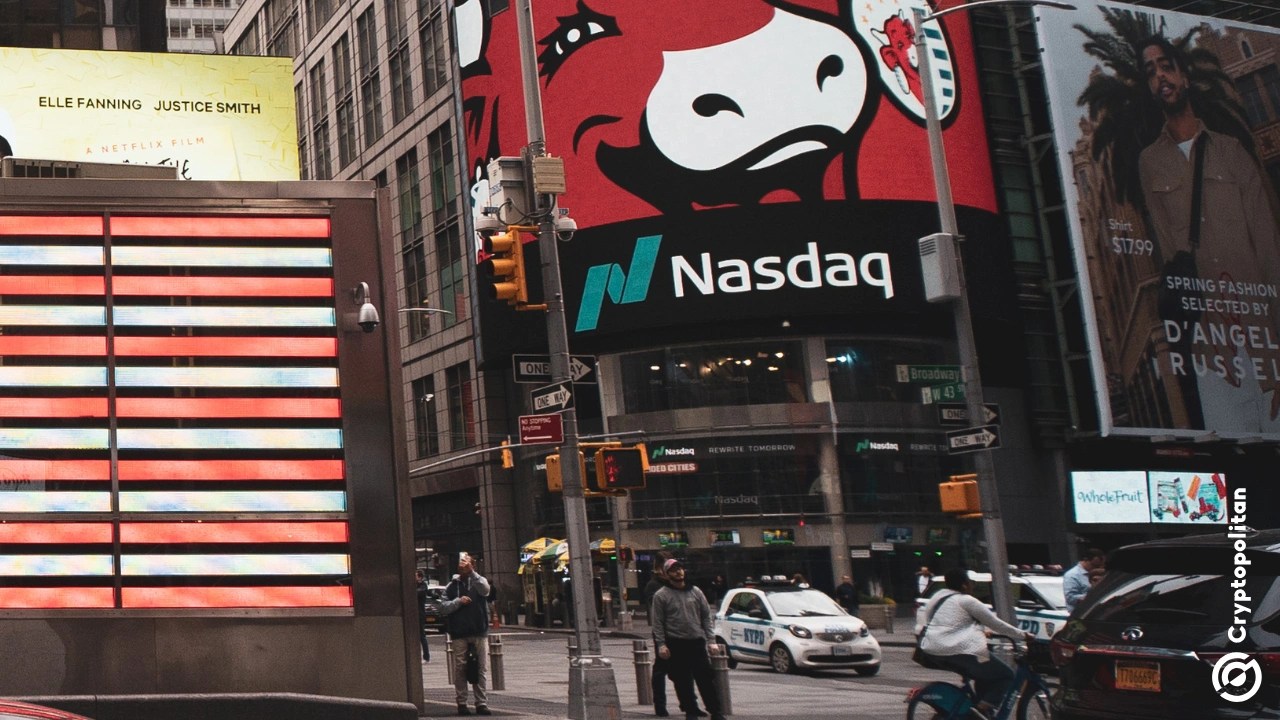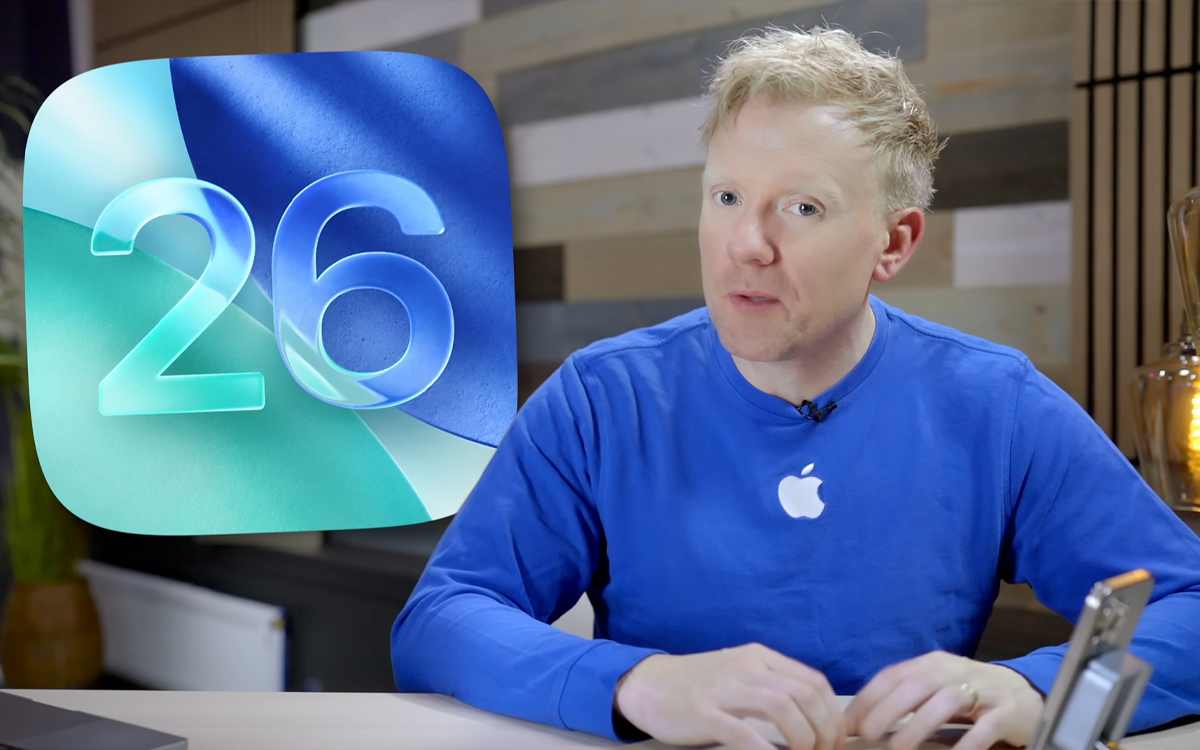Nasdaq asks SEC to approve tokenized stock trading on its exchange
The post Nasdaq asks SEC to approve tokenized stock trading on its exchange appeared on BitcoinEthereumNews.com. Nasdaq is asking the U.S. Securities and Exchange Commission to allow fully regulated trading of tokenized stocks directly on its exchange, according to a request filed on Monday, that outlines a plan that could embed blockchain inside the core of American equity markets as part of the actual trading infrastructure. If approved, this would be the first time crypto technology directly powers the buying and selling of real, regulated stocks in the U.S. The request includes a proposed rule change that would officially redefine what counts as a “security.” Nasdaq wants the SEC to approve this change so that tokenized shares, digital replicas of real stocks, can be treated the same way as traditional securities. But before anything happens, the SEC must open the plan up for public comment and then make a final ruling. Nasdaq outlines how tokenized stocks would be traded Nasdaq’s filing details exactly how these tokenized assets would work. First, they would be clearly labeled so there’s no confusion for any party involved in clearing and settlement. The Depository Trust Company, which handles that part of the process, would be responsible for executing those trades. These assets wouldn’t be treated like second-class stocks. Nasdaq made it clear that once listed, a tokenized share would have the same execution priority, shareholder rights, and documentation standards as the original security it represents. This isn’t a minor tweak. Nasdaq’s proposal goes into the heart of how the market works: how stocks are created, how they’re traded, and how they settle. That’s a direct shot at Wall Street’s legacy infrastructure, which still relies on slow batch processing and after-hours reconciliation. Nasdaq also flagged a problem that’s been brewing: companies aren’t in control when their shares are tokenized by outsiders. “Tokenizing securities should not occur in a manner that deprives issuers…

The post Nasdaq asks SEC to approve tokenized stock trading on its exchange appeared on BitcoinEthereumNews.com.
Nasdaq is asking the U.S. Securities and Exchange Commission to allow fully regulated trading of tokenized stocks directly on its exchange, according to a request filed on Monday, that outlines a plan that could embed blockchain inside the core of American equity markets as part of the actual trading infrastructure. If approved, this would be the first time crypto technology directly powers the buying and selling of real, regulated stocks in the U.S. The request includes a proposed rule change that would officially redefine what counts as a “security.” Nasdaq wants the SEC to approve this change so that tokenized shares, digital replicas of real stocks, can be treated the same way as traditional securities. But before anything happens, the SEC must open the plan up for public comment and then make a final ruling. Nasdaq outlines how tokenized stocks would be traded Nasdaq’s filing details exactly how these tokenized assets would work. First, they would be clearly labeled so there’s no confusion for any party involved in clearing and settlement. The Depository Trust Company, which handles that part of the process, would be responsible for executing those trades. These assets wouldn’t be treated like second-class stocks. Nasdaq made it clear that once listed, a tokenized share would have the same execution priority, shareholder rights, and documentation standards as the original security it represents. This isn’t a minor tweak. Nasdaq’s proposal goes into the heart of how the market works: how stocks are created, how they’re traded, and how they settle. That’s a direct shot at Wall Street’s legacy infrastructure, which still relies on slow batch processing and after-hours reconciliation. Nasdaq also flagged a problem that’s been brewing: companies aren’t in control when their shares are tokenized by outsiders. “Tokenizing securities should not occur in a manner that deprives issuers…
What's Your Reaction?









































